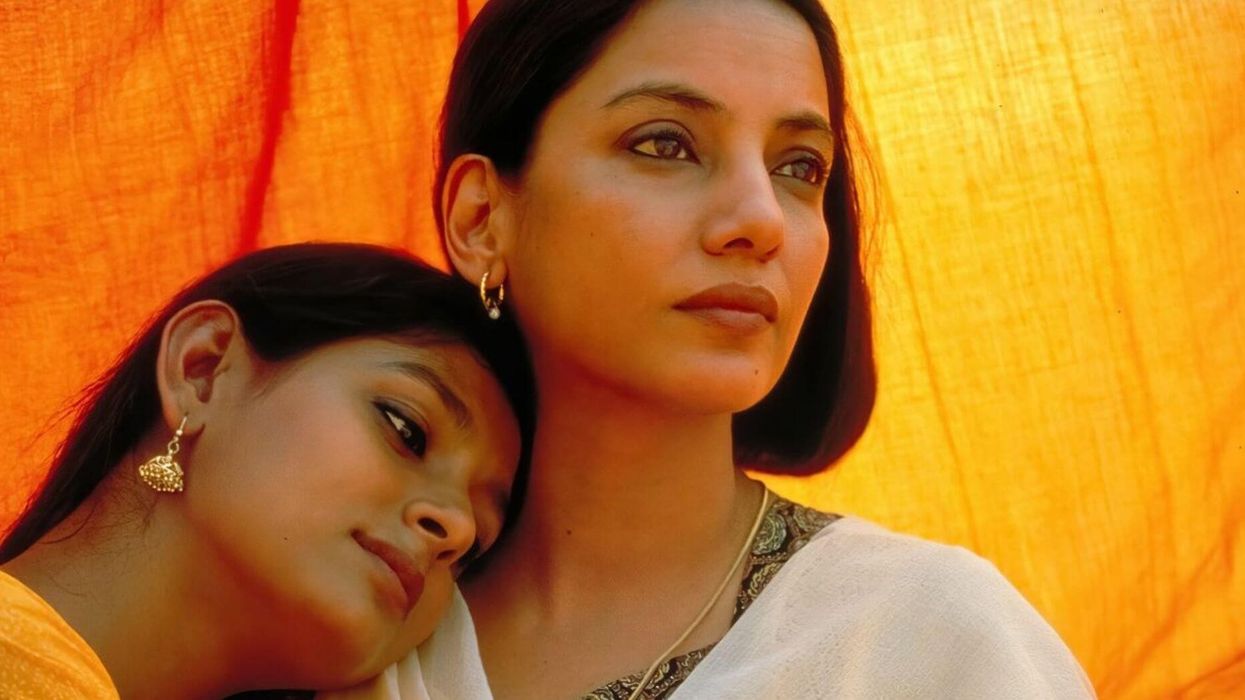Deepa Mehta’s film Fire, released in 1996, is a seminal work in Indian cinema and a landmark for the LGBTQ community. As one of the first mainstream Indian films to depict a romantic relationship between two women, Fire challenged societal norms and sparked significant controversy and dialogue about sexuality and women's rights in India.
However, Mehta says she did not think of Fire as a queer film at the time of its making.
“For me, it was an exploration, and I didn’t think of it as a queer film then. It was a natural progression in the relationship, where they were emotionally available and sustainable for each other,” she revealed at the ongoing Kashish Pride Film Festival in Mumbai.
The film centers on Radha (Shabana Azmi) and Sita (Nandita Das), two sisters-in-law in a traditional Hindu household, who find solace and love in each other amidst the neglect and oppression they face from their husbands. This narrative not only highlights the characters' exploration of their sexual identities but also critiques the rigid gender roles and expectations imposed on women in Indian society.
Upon its release, Fire faced a vehement backlash from conservative groups that saw the film as an affront to Indian culture and morality.
Deepa recalled, “Fire actually went through the censor board twice, without a single cut and that we felt was amazing. After the release, I was in Dubai but was called back to Delhi because the attacks began. There were protestors at the Regal Theatre and Connaught Place. I reached there and was astounded. I wept at what I saw. I saw women with placards that said, ‘We are lesbians and we are Indians’.”
Actress Nandita Das added, “We knew there would be problems when we made the film. We were prepared for some cuts, but when the Censor Board passed it without a single cut, we were overjoyed. It was released, and there were mixed reactions. On the 13th day, the attacks started with, ‘This is against our culture’. What gave us courage was that people took to the streets spontaneously saying that it was their right to be able to watch the film.”




